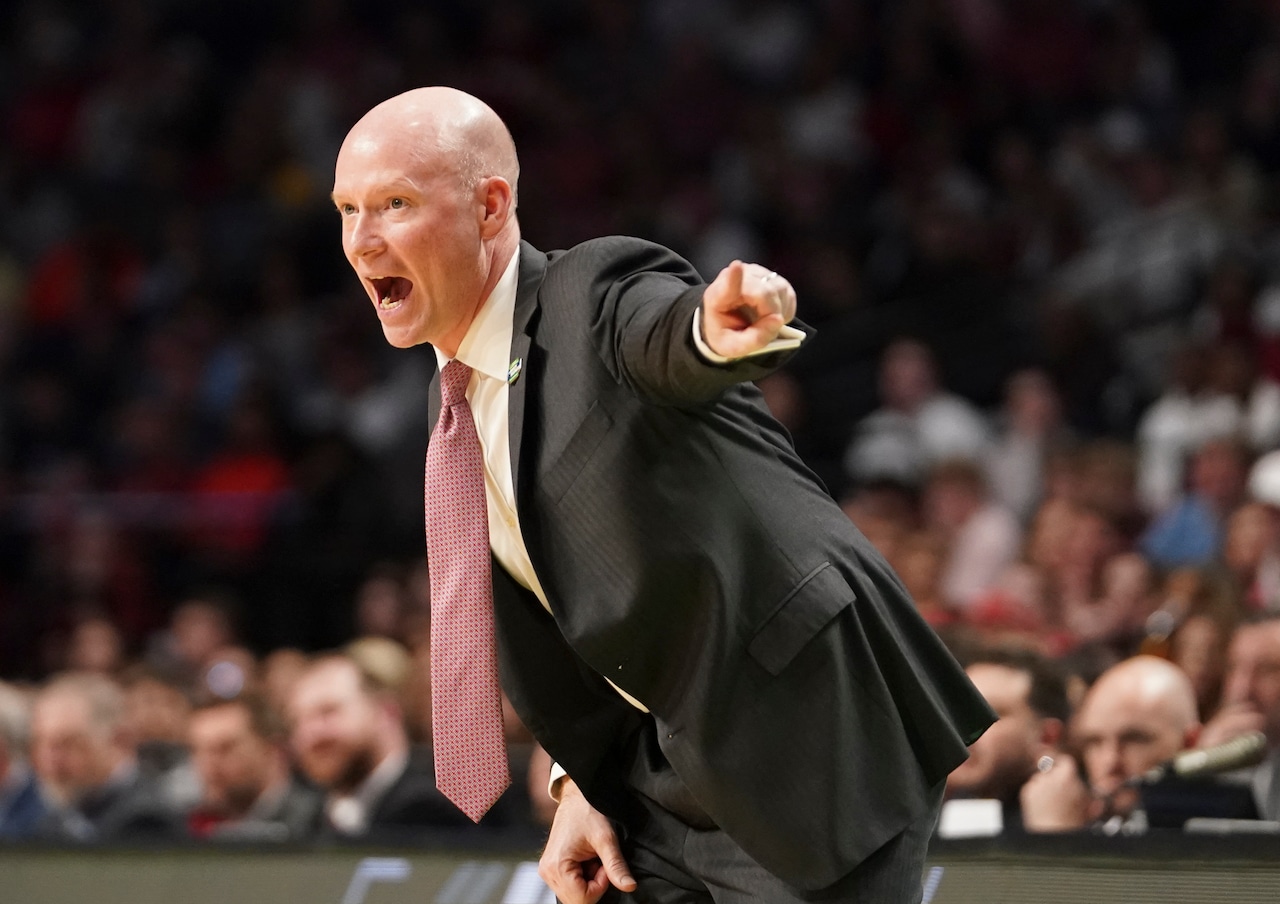The transfer portal in college basketball has become a hot topic, and Maryland coach Kevin Willard is not holding back his opinions. As his team prepares for the Sweet 16, Willard has voiced strong concerns about the current state of the portal, highlighting the massive sums of money being requested by players and the lack of oversight in the system. This article delves into Willard’s comments and the broader implications for college basketball.
The transfer portal’s evolution has dramatically reshaped college sports, granting athletes greater freedom of movement. However, this freedom has also led to concerns about unregulated financial incentives and potential exploitation. Kevin Willard’s critique brings these issues to the forefront, urging a reevaluation of the existing rules.
We will explore Willard’s specific remarks, the context of Maryland’s Sweet 16 appearance, and the reactions from other coaches and figures in the college basketball world. Understanding these perspectives is crucial for grasping the full scope of the transfer portal’s impact.
Willard’s Transfer Portal Criticism
Kevin Willard didn’t mince words when discussing the transfer portal on Team980 radio. He stated,
‘The transfer portal is crazy. There are kids asking for $2-3 million right now. The money has exploded crazy because we have no guardrails. We have no rules. It’s been as badly of a rule implemented as ever. And agents are taking advantage of it.’
Willard’s primary concern revolves around the lack of regulation, which he believes has created an environment ripe for exploitation. The absence of clear guidelines allows agents to inflate players’ value, leading to unsustainable financial demands.
The Maryland coach isn’t alone in his apprehension. Many coaches across the country share similar concerns about the long-term effects of the transfer portal on team dynamics and competitive balance. The influx of money into college sports, largely driven by NIL (Name, Image, Likeness) deals, has further complicated the landscape.
Derik Queen and NIL
Adding a layer of irony to the situation is Maryland freshman star Derik Queen’s lighthearted comment about Willard’s financial influence. After hitting a game-winning shot, Queen joked that he listens to Willard because,
‘First, he did pay us the money. And so we got to listen to him. And we all trust him because he’s, like, a player coach.’
While Queen’s statement was made in jest, it underscores the growing role of NIL deals in college athletics. These deals, which allow athletes to profit from their personal brand, have become a significant factor in recruiting and player retention.
The intersection of the transfer portal and NIL deals has created a complex and often unpredictable environment. Players now have the ability to transfer schools with greater ease, seeking out programs that offer not only athletic opportunities but also lucrative financial incentives.
Other Coaches’ Perspectives
Kevin Willard isn’t the only coach voicing concerns about the transfer portal and its financial implications. New Florida State coach Luke Loucks shared his observations on the ACC Network, stating,
‘I’ve heard low-six figures for players that haven’t even played a minute of college basketball, and I’ve heard seven figures for guys that have started just a handful of games.’
Loucks emphasized the inflated nature of these figures, attributing it to agents attempting to set a high bar. He also highlighted Florida State’s approach, focusing on player development and a pathway to professional sports rather than solely offering the highest monetary compensation.
The divergence in coaching philosophies reflects the broader debate within college basketball. Some coaches prioritize financial incentives to attract top talent, while others emphasize holistic development and long-term career prospects.
Villanova Opening and Willard
As Maryland advances in the NCAA tournament, speculation has arisen regarding Kevin Willard’s potential candidacy for the Villanova coaching vacancy. A source close to the situation noted that Maryland’s success,
‘Does not help ‘Nova.’
Willard’s focus remains on the current tournament run, and any potential move to Villanova would have to wait until Maryland’s season concludes. However, the rumors highlight Willard’s rising profile and the demand for his coaching services.
The timing of the Villanova opening coincides with the peak of transfer portal activity, adding another layer of intrigue to the situation. The next Villanova coach will need to navigate the complexities of the portal while maintaining the program’s tradition of excellence.
Transfer Portal’s Impact
The transfer portal’s impact extends beyond individual players and coaches, affecting the entire landscape of college basketball. Team rosters are now more fluid, with players transferring in and out at an unprecedented rate.
This increased player movement has led to challenges in building team cohesion and establishing long-term program stability. Coaches must adapt to the ever-changing dynamics of their rosters, constantly recruiting and integrating new players.
The financial implications of the transfer portal are also significant, with schools allocating more resources to NIL deals and recruiting efforts. This shift in priorities raises questions about the allocation of resources within athletic departments.
Conclusion
Kevin Willard’s candid remarks about the transfer portal underscore the growing concerns within college basketball. The unregulated financial demands and the potential for exploitation have created a challenging environment for coaches and administrators alike.
As the transfer portal continues to evolve, it is crucial for the NCAA to establish clear guidelines and regulations. These rules should aim to protect both athletes and institutions, ensuring a fair and sustainable system.
The future of college basketball hinges on finding a balance between athlete empowerment and institutional stability. The ongoing debate surrounding the transfer portal is a critical step in shaping the direction of the sport.

Leave a Reply